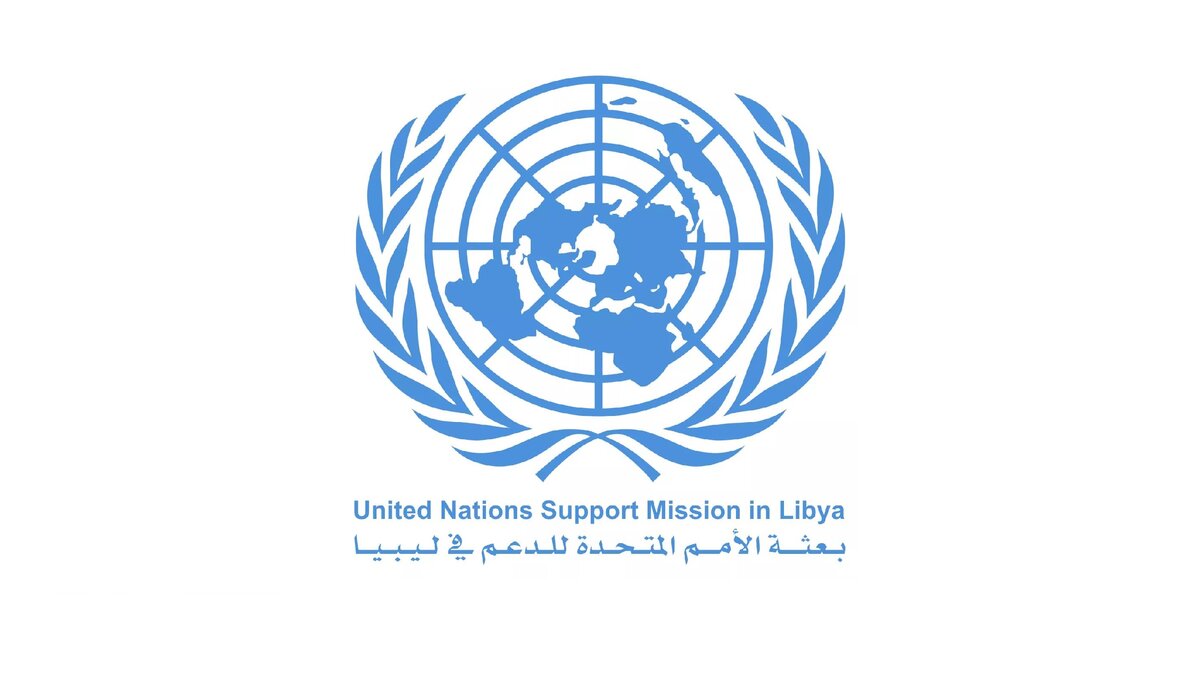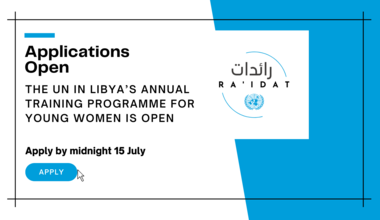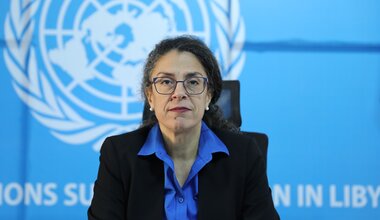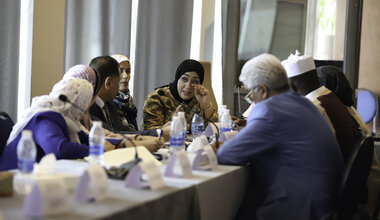Statement by UNSMIL Welcoming Establishment of Fact-Finding Mission to Libya
TRIPOLI, 23 June 2020 - The United Nations Support Mission in Libya (UNSMIL) welcomes the establishment of an international Fact-Finding Mission to Libya (FFML), pursuant to a resolution adopted yesterday by the Human Rights Council.
Welcoming the establishment of the FFML, Acting Special Representative of the United Nations Secretary-General for Libya, Stephanie Williams, said, “This mission is a powerful addition to ongoing efforts to bring about a new era marked by accountability for human rights and international humanitarian law violations, which is essential for peace after many years of impunity in Libya.” The establishment of an investigative mechanism by the UN Human Rights Council is the simplest and strongest basis for promoting accountability in Libya, ASRSG Williams stressed.
UNSMIL anticipates that the creation of this investigative mechanism will reinforce the work of the United Nations, Panel of Experts, and International Criminal Court in Libya, and also strengthen the capacity of national courts and other relevant entities in Libya to ensure that perpetrators of human rights violations are held accountable.
Note to Correspondents:
The resolution, which establishes the Fact-Finding Mission to Libya (FFML), requests the UN High Commissioner for Human Rights to designate experts to independently and impartially implement the mandate, including to establish the facts and circumstances of the human rights situation throughout Libya and to document alleged violations and abuses of international human rights law and international humanitarian law by all parties in Libya since the beginning of 2016. The FFML will also preserve evidence to ensure that perpetrators are held accountable.
In the resolution, the Human Rights Council urges Libyan authorities to grant the FFML unhindered access to all Libyan territory without delay and to allow its members to visit sites and to meet and speak freely and privately with anyone in Libya.
 United Nations Peacekeeping
United Nations Peacekeeping UN
UN








